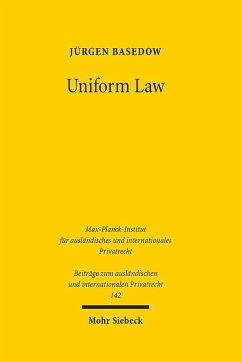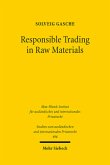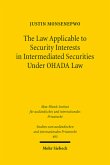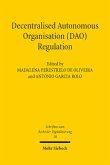Decentralised law-making is an inescapable consequence of a global order built on sovereign States, and the steadily advancing process of globalisation demands an even greater harmonisation of rules and principles. Yet uniform law is usually approached on a sectoral basis, with specialists looking into the specific areas of their discipline only. In addition, in many cases the result of harmonisation and its implementation are the sole objects of interest. As a consequence, little attention is paid to the general structures of uniform law, the features inherent in the structure of uniform law or the underlying methods of unification. But the substance of unified rules and principles and their application in legal practice is in fact influenced by their underlying framework. It is therefore necessary to look at the specific instances of uniform law in the context of this general framework. In an overarching analysis, the author of this book explores this general framework of uniform law. He clarifies the concept of uniform law and identifies the drivers of and obstacles to unification. Against this background, the different actors who promote uniform law are examined, as are the various forms and extent of uniform law. After providing a description of the relationship between uniform and municipal law, the author considers the operation of treaty law and public international law in relation to uniform law conventions, before concluding with the topic of non-binding unification.
Bitte wählen Sie Ihr Anliegen aus.
Rechnungen
Retourenschein anfordern
Bestellstatus
Storno








